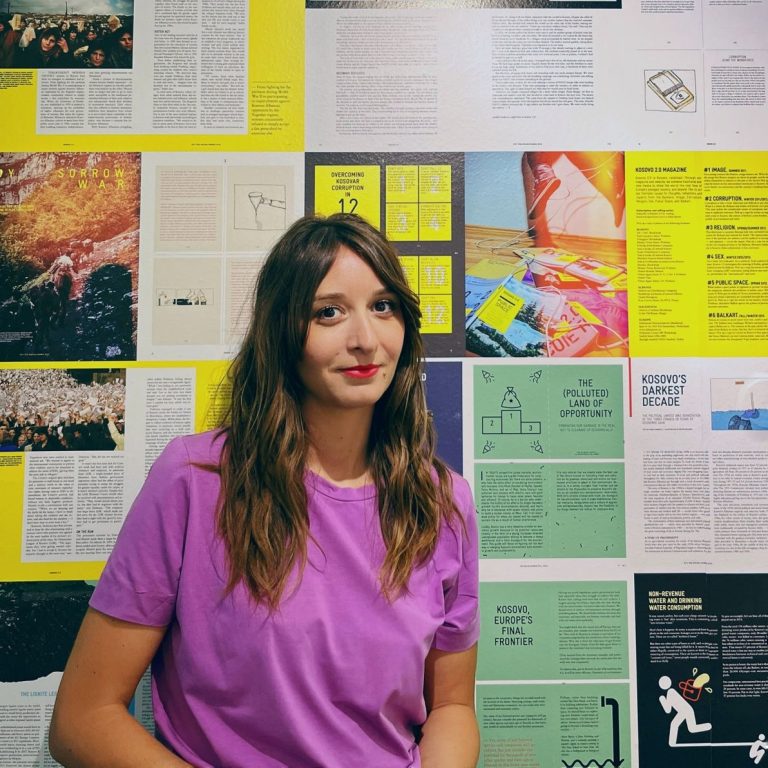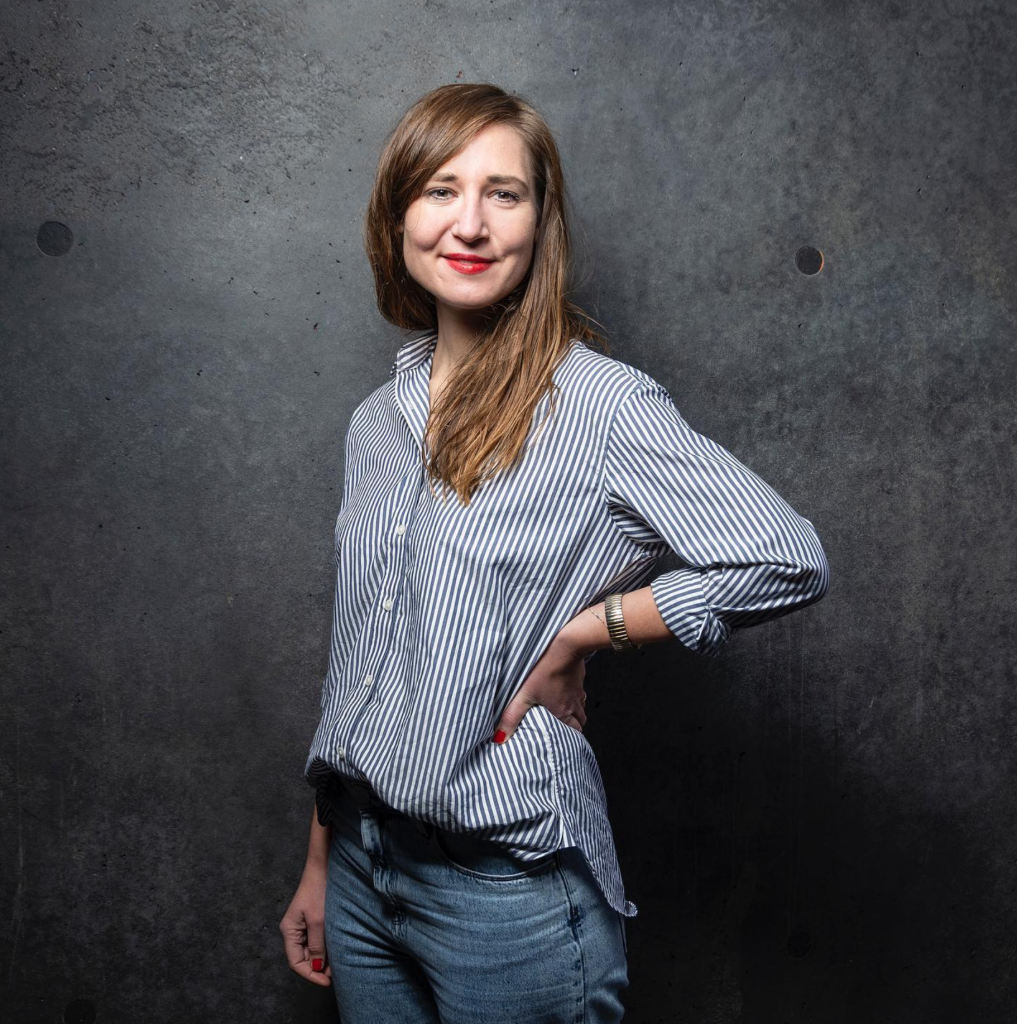Breaking the News Avoidance Barrier: Reaching New, Loyal Audiences
Breaking the news avoidance barrier: Reaching new, loyal audiences
In today’s digital age, news avoidance, particularly among younger audiences, has become a pressing issue. The question arises: What can the media do to adapt and overcome this trend? Is innovation in content production the key? Are visual formats, especially short videos, the solution, or the well-written online stories can still do the trick?
Join us in our upcoming episode of Innovation Sparks as we explore these questions and seek solutions. We’ll introduce you to two successful online media outlets dealing with the challenges of retaining and gaining loyal followers. Our experts and guests, Ronja Brier, Deputy Editor-in-Chief at Watson in Germany, and Besa Luci, Founder and Editor-in-Chief of Kosovo 2.0, bring unique perspectives from different media markets.
Discover the real opportunities in the market and the strategies these experts employ to tackle news avoidance and reach their target audiences. Learn what works and what doesn’t, and gain insights into the future of online outlets amidst growing competition from new social networks.
Don’t miss this insightful episode where we break down the barriers of news avoidance and pave the way for engaging storytelling in the digital era.
Breaking the news avoidance barrier: Reaching new, loyal audiences
In today’s digital age, news avoidance, particularly among younger audiences, has become a pressing issue. The question arises: What can the media do to adapt and overcome this trend? Is innovation in content production the key? Are visual formats, especially short videos, the solution, or the well-written online stories can still do the trick?
Join us in our upcoming episode of Innovation Sparks as we explore these questions and seek solutions. We’ll introduce you to two successful online media outlets dealing with the challenges of retaining and gaining loyal followers. Our experts and guests, Ronja Brier, Deputy Editor-in-Chief at Watson in Germany, and Besa Luci, Founder and Editor-in-Chief of Kosovo 2.0, bring unique perspectives from different media markets.
Discover the real opportunities in the market and the strategies these experts employ to tackle news avoidance and reach their target audiences. Learn what works and what doesn’t, and gain insights into the future of online outlets amidst growing competition from new social networks.
Don’t miss this insightful episode where we break down the barriers of news avoidance and pave the way for engaging storytelling in the digital era.

Editor-in-Chief and Co-founder of Kosovo 2.0
Besa Luci is the chief editor and co-founder of Kosovo 2.0, a print and multimedia magazine creating uncompromising journalism that listens to people’s experiences, explains complex realities, provides context, and provokes conversations in Kosovo, the region and beyond. Working in three languages since 2010, K2.0 has been a leading outlet in introducing profound storytelling and compelling visuals on the region’s political and social transformation. Besa is also involved in public debates and initiatives pertaining to media innovation, journalistic excellence, and cultural development. She is also a documentary film producer and a writer.


DW Akademie Media Consultant
Innovation Sparks Host is a content creator and supervising editor with 30+ years of experience, currently engaged as an audience engagement and development specialist, supporting DW’s editorial team. In the past ten years, he has also worked as a digital media consultant with DW Akademie in Europe, Asia, and Africa, mainly focusing on digital storytelling, news production, gathering, and fact-checking, but also content production for children and youth.
This event was produced in the framework of #SustainMedia Programme, co-funded by the European Union and the German Federal Ministry of Economic Cooperation and Development. Its contents are the sole responsibility of GIZ / DW Akademie/ Internews and do not necessarily reflect the views of the EU or the Federal Ministry of Economic Cooperation and Development.
© 2023 Deutsche Welle – Privacy Policy | Legal notice | Contact